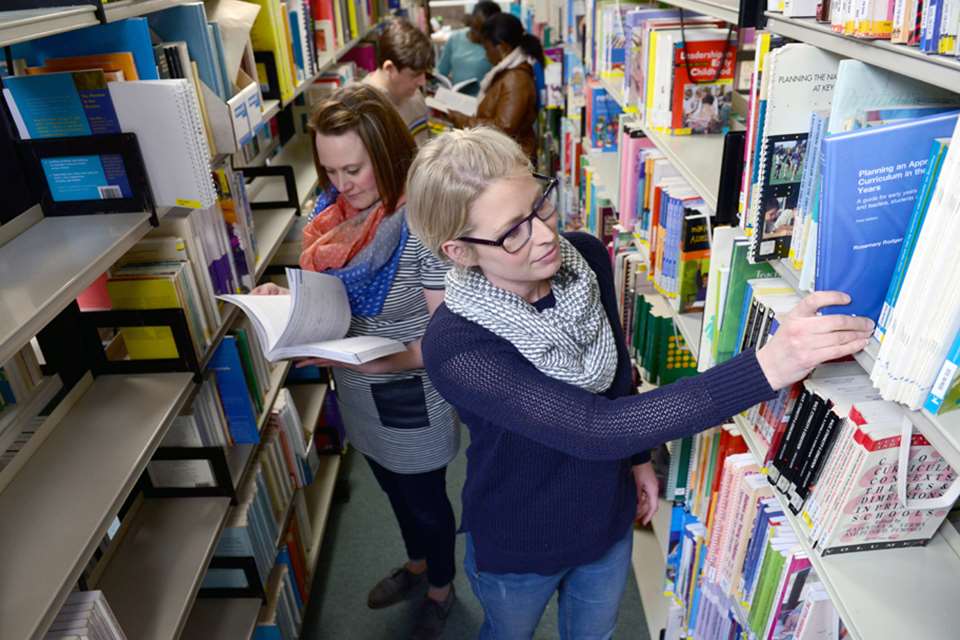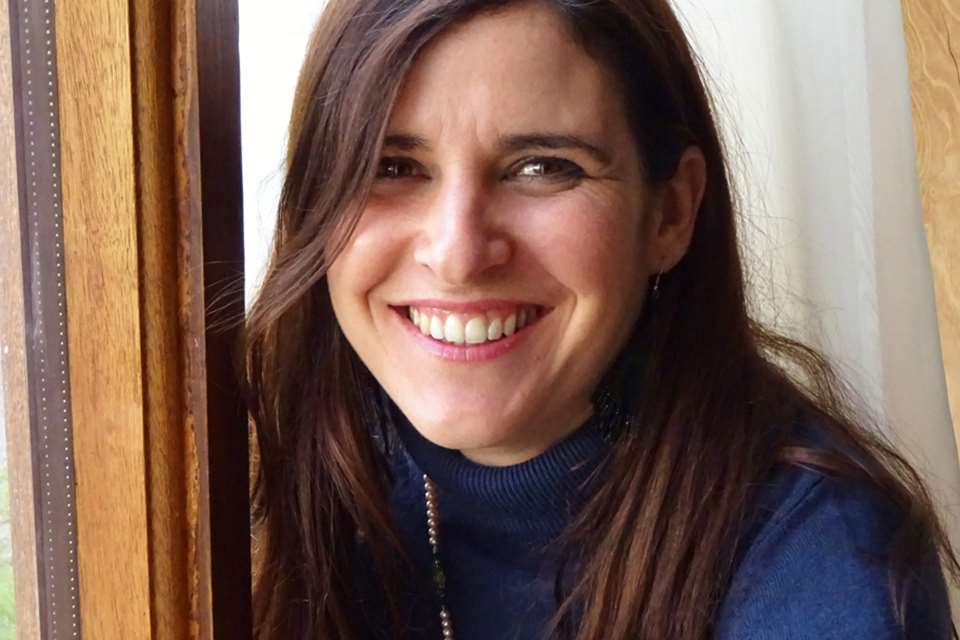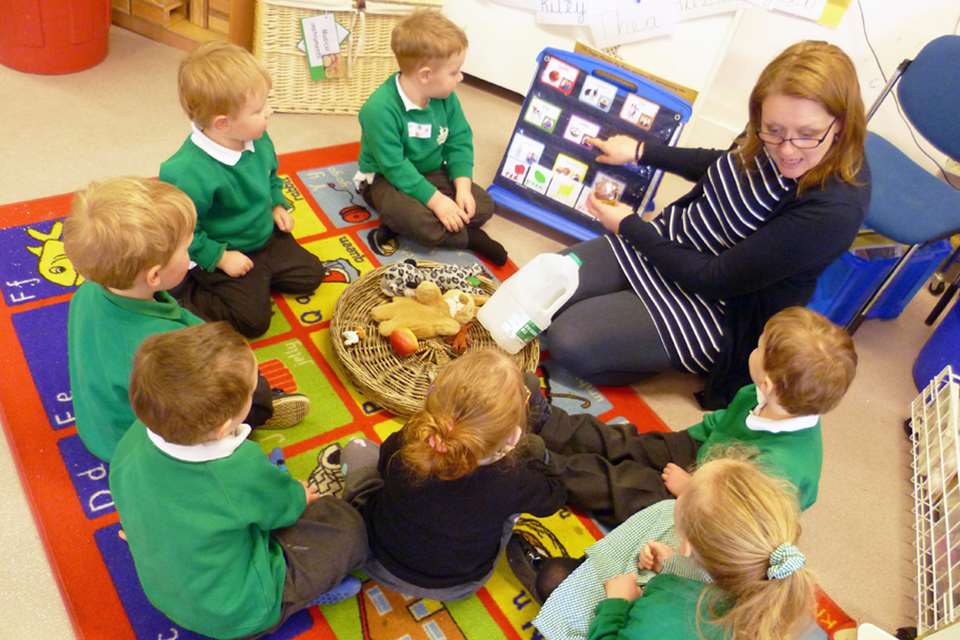Early Years Teachers: Part 5 - Going direct
Charlotte Goddard
Monday, August 10, 2015
The School Direct route gave one practitioner opportunities for practical learning and development - and ultimately a PGCE with EYT Status. Charlotte Goddard reports.
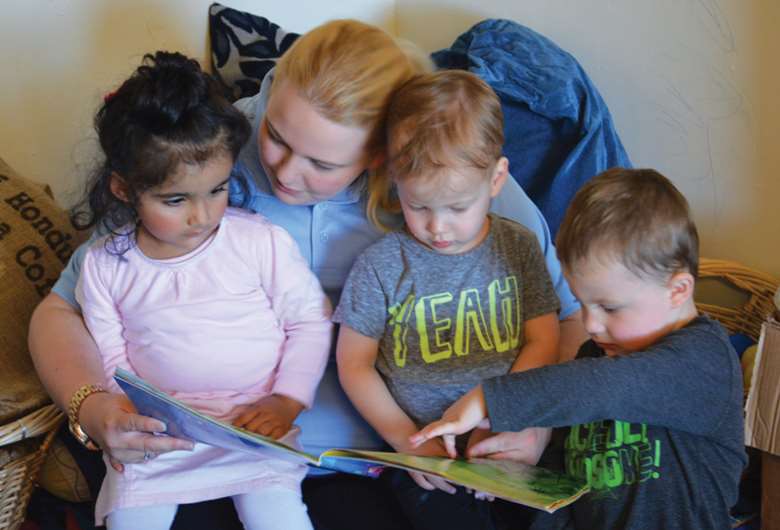
Early years education runs in the family for Stephanie Porter. The 23-year-old's parents, Nick and Anthea Porter, own the 1st Safari Day Nurseries chain, which has five nurseries across Yorkshire, as well as a soft play centre in Leeds. Ms Porter had her first glimpse of life as an early years practitioner when working weekends at the play centre while she was at Sheffield Hallam University, doing a degree in business and IT.
Ms Porter's initial plan was to join the family business's human resources team. But when she was asked to provide occasional sickness and holiday cover in the nurseries after she had graduated, she began to get a taste for early education. 'It was very different from working in the play centre, where the parents are there with the children,' she says. 'When I was in the nursery I realised that I enjoyed helping the children to develop.'
The Early Years Teacher (EYT) qualification appealed to Ms Porter because she was looking for a recognisable qualification in early years. After researching the different routes and providers, and applying for a number of different courses, she chose the School Direct programme offered by St Edmund's Nursery School and Children's Centre, which provides a PGCE with EYT status.
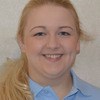 'I felt the route provided more opportunities for development, but also the ability to put learning into practice,' she says. 'St Edmund's is an "outstanding" children's centre, with an excellent reputation. As part of the course I had the opportunity to be part of national projects.'
'I felt the route provided more opportunities for development, but also the ability to put learning into practice,' she says. 'St Edmund's is an "outstanding" children's centre, with an excellent reputation. As part of the course I had the opportunity to be part of national projects.'
One of these was early years hubs, set up to encourage professional dialogue and practice sharing between early years providers. Ms Porter was involved in presenting information about the interactive dialogic reading method to other settings. 'With dialogic reading the adult helps the child become the storyteller with questions and prompts, which is fantastic for their literacy and their enjoyment,' she says.
The School Direct (early years) programme was launched in 2014 as a pilot involving four providers. The idea behind the scheme is that nurseries and schools design and deliver the early years initial teacher training curriculum in partnership with accredited training providers in order to meet local needs. They recruit their own trainees with the expectation they will go on to work with the group of schools and nurseries they were trained with.
The programme has expanded this year to cover nine providers - although it is unclear as to whether nursery chain Bright Horizons will go ahead with its scheme in September after its training provider partner Kingston University cancelled one of its courses, citing difficulty in filling places.
St Edmund's also saw some attrition, with many potential candidates falling down at the literacy and numeracy skills tests.
'Many students withdrew because of the difficulties of passing the professional skills tests, leaving the course with five students,' says Ms Porter. 'Although this made the course more tailored to us, it would have been nice to have gathered a wider variety of opinions and experience.' St Edmund's now offers in-house help in getting applicants up to speed, and hopes to recruit 15 trainees this year.
Sarah Gordon is assistant head of school and special educational needs co-ordinator at St Edmund's, which is part of the Bradford Birth to 19 Teaching School Alliance and has been training new teachers for two years. The setting also has experience training the private and voluntary sector, and has been able to make use of those contacts to establish placements, mentors and tutors for its trainees. 'It's tougher to find mentors in the private sector than in schools, as we need graduate-trained people,' says Ms Gordon.
For most of the year, her students, like Ms Porter, spend Mondays in training at St Edmund's or partner school Pudsey Primrose Hill Primary School in Leeds. The rest of the week is spent on placements or working on the PGCE qualification, which is run through partner provider Sheffield Hallam University. 'We don't do chalk and talk - whatever we are studying, the trainees can take the training elements straight into the setting, and feed back the following Monday,' says Ms Gordon. 'It's about theory into practice, using observation, films and photos as well as conversations with practitioners, teachers and other professionals.'
'I am a different person now to when I star- ted,' says Ms Porter. 'The course has provided me with the insight, development, experience and confidence I needed due to coming in from a different qualification background. It has provided me with lots of inspiration to improve myself and the settings I've been in, along with a qualification.'
Of all her placements, Ms Porter found the school Reception class, which she was at for five months, the most challenging. 'Pressures on schools are a lot higher - they have more early learning goals to reach, but while the intensity is higher, the rewards are higher too,' she says.
Although Ms Porter was able to access £4,000 in bursary funding because she had gained a 2:1 degree, as well as £7,000 to pay tuition fees, she still had to work at weekends to fund her way through the course. 'Quite a few people on the course found the monetary aspect hard,' she says. 'The expectations of the course were quite intense, with placements, study days and assignments, so it was hard to juggle that with working at the weekends as well.'
Ms Porter is just about to take up her role as an EYT, working across five settings in her parents' chain of nurseries. Nick Porter, director of 1st Safari Day Nurseries, says, 'We see EYT Status as a recognisable and demonstrable qualification for change and improvement in early years outcomes for the benefit of all children.'
Ms Porter will be providing feedback on provision and staffing, helping with training, room layouts, appropriate resources and practice. 'My aim is to make the environments and practice more engaging for all children and ensure child development is progressing and settings are delivering the Early Years Foundation Stage outcomes - helping each child reach their potential through enjoyment in their early years.'
Further information
More details about the PGCE Early Childhood Education and Care (Birth to Five Years) with Early Years Teacher Status offered by St Edmund's can be found at http://stedmundsnscc.com/teaching-school/school-direct-early-years
ROUTES TO EARLY YEARS TEACHER STATUS
1. Graduate entry, a full-time, 12-month course for graduates, of which 120 days are placement. All entrants have their fees fully covered, with a £7,000 grant to cover course fees as well as bursaries of up to £9,000 for graduates with a first class degree and £4,000 for graduates with 2:1 degrees.
2. Graduate employment-based: a one-year part-time route for graduates working in an early years setting. Applicants must be employed in an early years setting and their employer needs to support their application and agree to release and support them to undertake the course. All entrants have their fees fully covered, with a £7,000 grant to cover course fees, and an additional £7,000 as a contribution to costs incurred by their employer. Applicants need to hold at least GCSE Grade C (or a recognised equivalent) in maths, English and science, and a degree in any subject, and must pass the professional skills tests for trainee teachers.
3. Undergraduate: a full-time, three- to four-year route leading to EYTS. This route is for undergraduates completing a degree in an early childhood related subject, who will earn EYTS as well as their degree. There is no additional fee for the EYITT element, and tuition fee loans are available from Student Finance England. Degree courses will have varying entry requirements. Undergraduates wanting to incorporate EYITT into their degree must have a GCSE Grade C and above (or recognised equivalent) in maths, English and a science subject, and must have passed the professional skills tests for trainee teachers. Students must carry out 120 hours of paid or voluntary early years experience
4. Assessment only: three months, self-funded for graduates with experience of working with children from birth to five years old who can meet the Teacher Standards (Early Years) without further training, for example an early years teacher from overseas. Applicants must have achieved a GCSE grade C (or equivalent) in English, maths and a science subject, hold a first degree (Level 6) from a UK higher education institution or equivalent qualification, and have passed the required professional skills tests. Fees vary depending on the training provider, with some providers offering additional tutor visits or support prior to the course at extra cost for example.
5. School Direct (Early Years): route 1 is delivered by a nursery provider or school along with a training provider. Results in EYTS. Training is fully funded by NCTL through a grant of £7,000 available to all trainees. Bursaries are available: £9,000 for graduates with a first-class degree and £4,000 for graduates with a 2:1. Prospective students for the School Direct route 2015/16 should apply directly to one of the nine lead organisations. See www.gov.uk/government/publications/school-direct-early-years-initial- teacher-training-lead-organisations
- The DfE provides information on the different entry routes, case studies and a list of accredited providers, www.education.gov.uk/get-into-teaching/subjects-age-groups/ early-years
- Teachers' Standards (Early Years), www.gov.uk
- Professional skills tests, http://sta.education.gov.uk.
TEACH FIRST (EARLY YEARS)
A two-year training programme for 'high calibre' graduates working full-time in schools, nurseries and early years settings. Applicants must have a degree at 2:1 or above, and two relevant A-Levels at a B or above if their degree is not in early years, psychology or a relevant curriculum subject. If the applicant passes the initial application they must attend a day-long assessment process, followed by an online test and a six-week summer school. They then start working at a school or nursery while studying for their PGCE after one year, and QTS after two.


